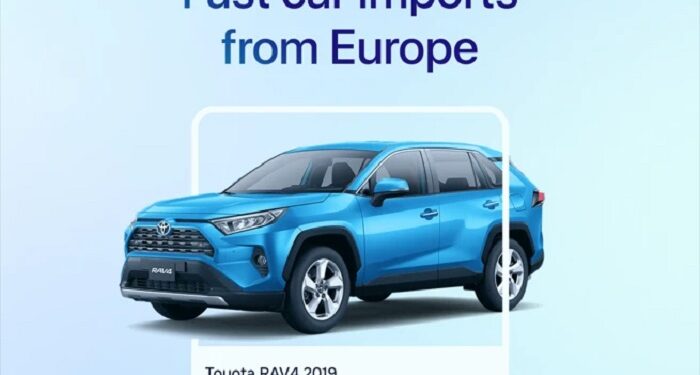The automotive market is rapidly evolving, and by 2025, buyers in Ukraine, Kazakhstan, and Moldova face a key decision: choosing between electric vehicles (EVs) and traditional gasoline cars. While gas-powered cars have long dominated the market, electric vehicles are gaining traction due to lower operating costs, environmental benefits, and government incentives. Understanding which option is more advantageous depends on local conditions, energy costs, and personal driving habits.
Cost Comparison: Electric vs Gas
One of the main considerations when deciding between an electric and gasoline car is cost. Electric cars often have a higher purchase price but lower operating expenses. Charging an EV is generally cheaper than filling a tank with gasoline, and maintenance costs are lower since electric cars have fewer moving parts. In contrast, gasoline vehicles may be less expensive upfront but require regular maintenance, fuel, and occasional repairs that add up over time.
Government Incentives and Regulations
In Ukraine, Kazakhstan, and Moldova, governments are increasingly encouraging the adoption of electric vehicles. Tax breaks, reduced registration fees, and subsidies make EVs more attractive. Conversely, gasoline cars may be subject to higher fuel taxes and emission regulations, which could make them less economically viable in the long term. These incentives can significantly affect the total cost of ownership, tipping the balance in favor of electric vehicles.
Charging Infrastructure and Practical Considerations
For electric vehicles, access to charging infrastructure is a critical factor. In urban areas of Ukraine and Kazakhstan, public charging stations are expanding rapidly, making it easier to maintain an EV. Moldova is developing its network, but rural areas may still pose challenges. Gasoline cars, on the other hand, benefit from widespread fuel availability and shorter refueling times. Buyers need to consider their daily routes, travel frequency, and access to charging when making a decision.
Environmental Impact and Sustainability
Electric vehicles produce zero emissions during operation, making them a more environmentally friendly choice. In regions with high pollution levels or cities implementing green policies, EVs can contribute to cleaner air and reduced carbon footprints. Gasoline cars, while efficient in some models, continue to emit greenhouse gases and pollutants, which may influence future regulations and urban driving restrictions.
Making the Right Choice
Choosing whether to buy an electric or gasoline car in 2025 depends on multiple factors: cost, infrastructure, government incentives, and environmental considerations. Buyers looking for long-term savings and sustainability may find that investing in an EV is worthwhile, especially with supportive policies in Ukraine, Kazakhstan, and Moldova. Those prioritizing convenience, immediate availability, or longer driving ranges may still consider gasoline cars as a practical alternative.
For those ready to explore the electric option, buy an electric vehicle today and discover the advantages of clean, efficient driving.
Conclusion
The debate between electric and gasoline cars in 2025 is shaped by economics, infrastructure, and environmental priorities. Understanding the unique conditions in Ukraine, Kazakhstan, and Moldova helps buyers make informed decisions. With careful consideration, choosing the right vehicle can provide both financial savings and a positive impact on the environment.











